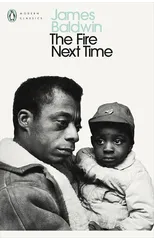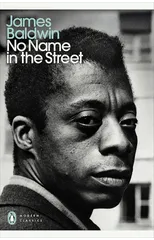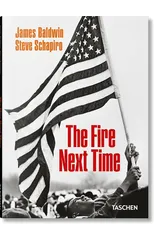Stories of Don Quixote
Written Anew for Children
(Author) James BaldwinIn this classic book, Don Quixote, (who became utterly captivated by the enthralling tales of chivalry he devours), embarks on an audacious quest to become a knight himself. Accompanied by his loyal squire (the endearing Sancho Panza), the errant knight's adventures unfurl in a tapestry of wondrous and unexpected ways. While Quixote's boundless imagination often leads him astray (he tilts at windmills, imagining them to be giants), Sancho emerges with a growing cunning and certain sagacity. Together (as sane madman and wise fool), they roam the world-and together, they have continued to inhabit the dreams and imaginations of readers for nearly four centuries. It's easy to focus on the adventures (or misadventures) of Don and Sancho in this book. To the surface reader, the classic simply describes (in a very exciting way) the unnecessary chaos and suffering caused by a would-be knight driven mad by over-reading the works of chivalry. More than that, however, Don Quixote gave birth to a new art form-a secular novel depicting disenchantment with the modern world. Wrapped into the text (as stories with potentially hidden meanings) is the tale of heroic daughter of a Moor who steals her father's riches and flees to Christendom. There is also a foolish Christian who steals her father's riches to run off with a soldier. And there is more, much more. In addition to being one of the most translated and frequently read books of all time, Don Quixote delves into themes related to literature and cultural modernity. To the discerning reader, this exciting tale is much more than the story of a chivalrous madman in search of days gone by-it is a thought-provoking book about virtues lost and the shared human condition.
James Baldwin
James Baldwin was an American novelist, essayist, and playwright known for his exploration of race, sexuality, and identity in America. His most notable works include "Go Tell It on the Mountain," "The Fire Next Time," and "If Beale Street Could Talk." Baldwin's writing style was characterized by his powerful and eloquent prose, which delved deeply into the complexities of the human experience. He was a prominent voice in the civil rights movement and his works continue to be celebrated for their insight and impact on American literature. His most famous work, "The Fire Next Time," is a seminal text on race in America and remains a classic of 20th-century literature. Baldwin's contributions to literature have had a lasting influence on the genre of African American literature and continue to be studied and revered by readers and scholars alike.





